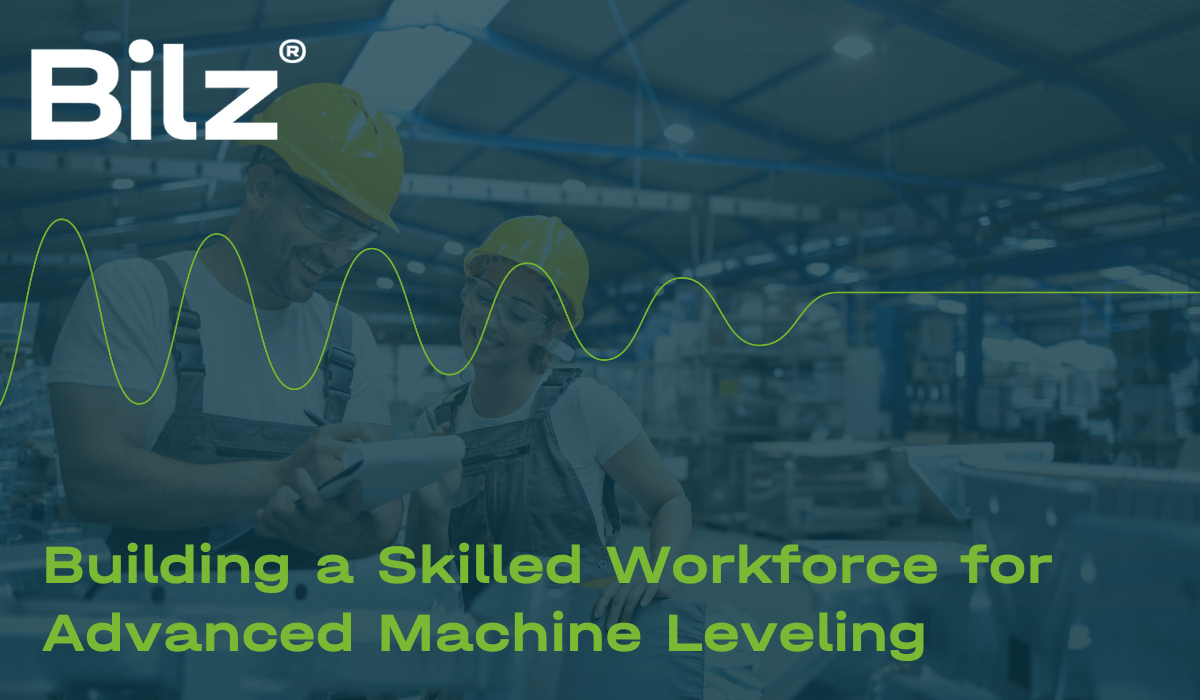

As the manufacturing landscape evolves with technological advancements and the integration of smart factory principles, the demand for a highly skilled workforce capable of navigating these complex environments grows. Advanced machine leveling, a critical component of maintaining operational efficiency and product quality, stands as a testament to this shift. The transition from traditional leveling methods to technologically sophisticated systems necessitates a new approach to workforce development. This blog post explores strategies for building a skilled workforce capable of mastering advanced machine leveling techniques, ensuring that manufacturers remain competitive in the Industry 4.0 era.
The foundation of a skilled workforce in advanced manufacturing, including machine leveling, begins with strong STEM (Science, Technology, Engineering, Mathematics) education programs. By fostering an early interest in these areas, educational institutions can prepare students with the critical thinking and technical skills required for modern manufacturing roles.
Beyond foundational STEM education, focused technical training programs are essential for developing the specialized skills required for advanced machine leveling. Technical colleges and vocational schools can play a significant role in this training, offering certificates and degrees in fields directly relevant to modern manufacturing needs.
The rise of digital learning platforms offers a flexible and accessible avenue for workforce training and development. Online courses, webinars, and virtual simulations can provide both foundational knowledge and advanced skills in machine leveling, accommodating diverse learning styles and schedules.
In an industry characterized by rapid technological advancements, fostering a culture of lifelong learning is crucial. Encouraging employees to continuously update their skills and knowledge ensures that the workforce can adapt to new technologies and processes, including those related to machine leveling.
Building a skilled workforce capable of implementing and maintaining advanced machine leveling techniques is essential for the future of manufacturing. By focusing on STEM education, providing focused technical training, leveraging digital learning platforms, and promoting a culture of lifelong learning, manufacturers can prepare their employees to excel in the sophisticated manufacturing environments of tomorrow. As technology continues to advance, the ability to adapt and learn will be the hallmark of a resilient and innovative manufacturing workforce.